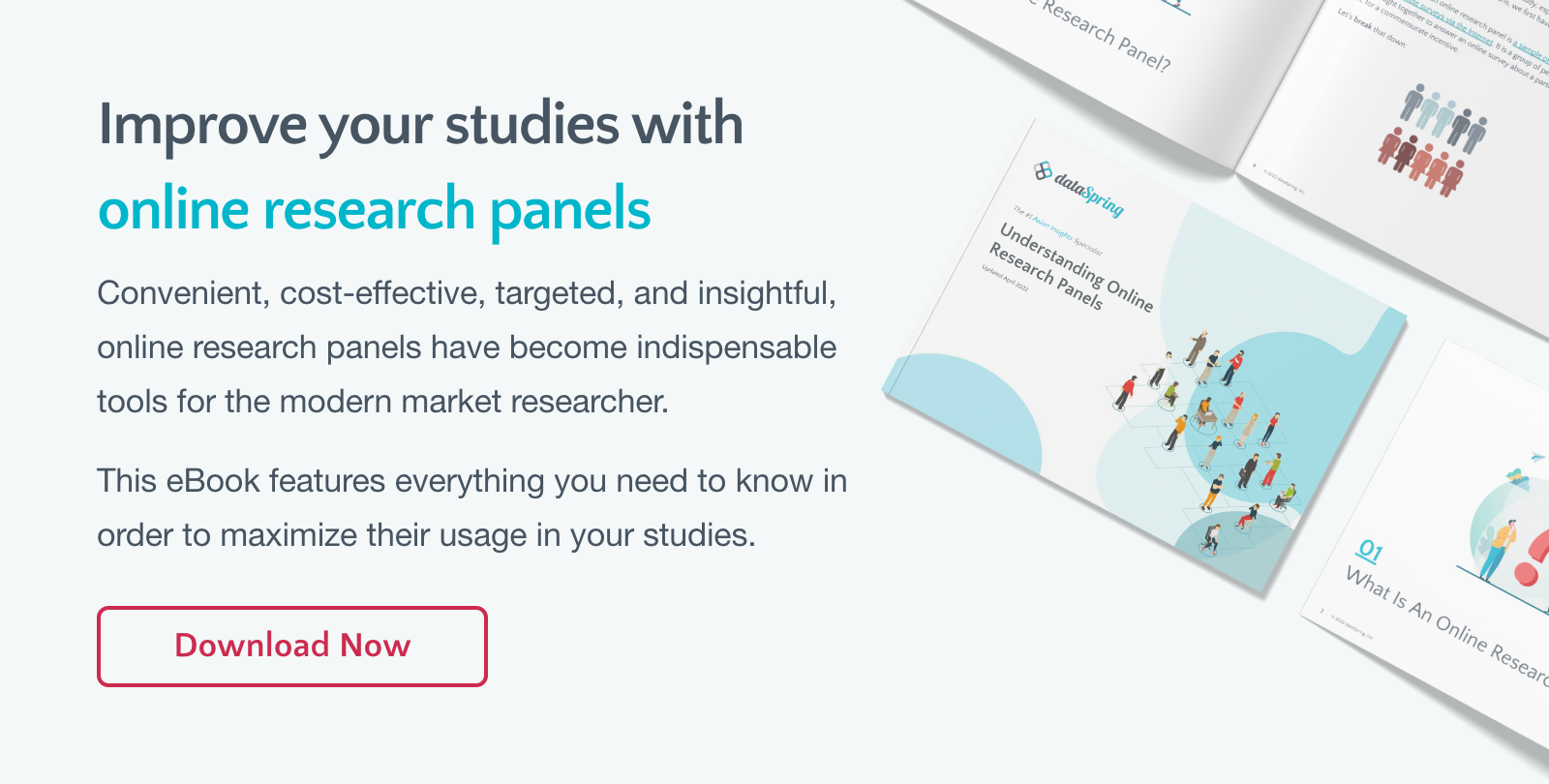
Qualitative research has been continually hampered by social distancing, lockdowns, and preventive measures brought about by the current pandemic. While there have been small windows of opportunity to conduct face-to-face interviews, the unpredictability of upsurges in cases around the world gives market researchers no choice but to resort to online interviews.
If used properly, online interviews will provide valuable and insightful data for researchers, even if there's no actual physical contact. Here are some tips on how to improve your online interviews:
If possible, always use the video function
Oftentimes, qualitative research tackles difficult topics, and gaining trust and rapport is essential to get valuable insights from your interviewees. It is easier to establish trust and rapport when you can see each other’s faces, as it helps both of you to read the situation and context of your discussions. Video conferencing is one of the best ways to establish rapport with your interviewees, and it makes the interview experience more personal and less like a telemarketing call. Additionally, observation and delivery of non-verbal cues enable you to control the flow of the interview better.
There are some considerations when using video. For example, there may be distractions as the interview is running, like other people in the house, pets, or arriving deliveries. You should consider the depth of your interview, and if the interviewees are able to control the distractions or distance themselves. Another consideration is the appearance of the background, as this can subtly influence how you see each other online and what your participants would be willing to share. There are video tools that have background filters that you can use – use a neutral background as much as possible. Finally, give your interviewees the option to turn off the camera and even mute their microphone if they need to.
Use secure online interview tools
The most common online tools for video interviews are Zoom and Skype, but these may still have some shortcomings in privacy, which can undermine interview confidentiality. There are instances where other people intrude into other Zoom calls, especially when waiting rooms and passwords were not set. On the other hand, Skype may be able to use your calls for advertising or manual data review. Other tools like Facetime, WhatsApp, or Facebook Messenger also have functions that are not conducive to private conversations.
Because of these, market researchers employ professional services that provide additional layers of security. There are dedicated online platforms designed especially for focus group research, like dataSpring’s ListenIn tool, which also has a secure backroom function to maintain anonymity if needed.
Record everything properly
Researchers would prefer to get official transcripts based on audio recording, but it is also recommended that you record the video, since it provides more nuance to the data and helps in understanding how respondents are expressing themselves. However, analysis of video data may take a lot of storage space and a more powerful computer.
When using Zoom, make sure that you use ‘Local Recording’ so that the recordings can be easily accessed on your computer drive, not having to download them on the cloud. Click Record once the session has started and then ‘Record on this computer’. Once the meeting ends, the recording will be saved and the location of the saved file will be opened. You can also use other tools to record your interview.
You can also use automatic transcription tools to help you quickly convert audio to text, but they’re not 100% accurate, so you will need to check for quality. You can check out the free voice transcription tool built-in into Google Docs, which is fairly accurate when translating English interviews.
On top of all these tips, you should retain all the things needed for a quality interview:
- Be prompt with the start time
- Make the appointment well in advance
- Don’t forget to thank the interviewee
- Consider sending the interviewees the interview transcript, as well as the eventual material that contains their data
- Use an interview guide
- Remind your interviewees about the interview a day before the session
With the right tools and proper preparation, online interviews will be as effective as physical interviews, and in fact, may be more convenient when it comes to storage and transcription.
If you are planning to conduct qualitative interviews in the Asian region, you can contact us, and we'll gladly answer your inquiries. If you plan to develop a study using online research panels, check out our primer here.


 Download Panel Book
Download Panel Book


